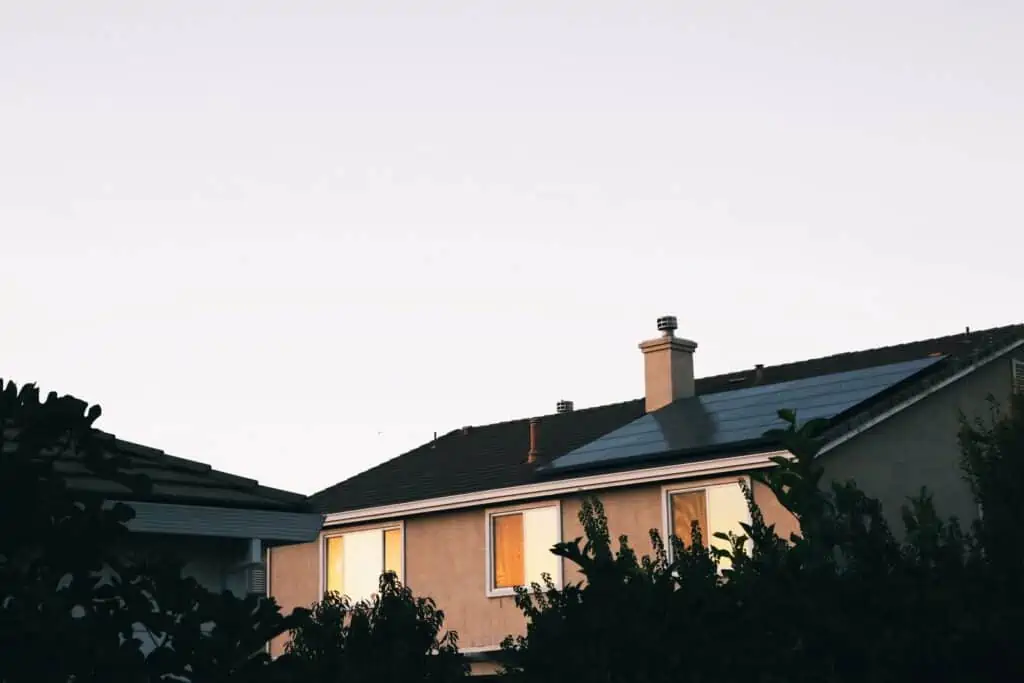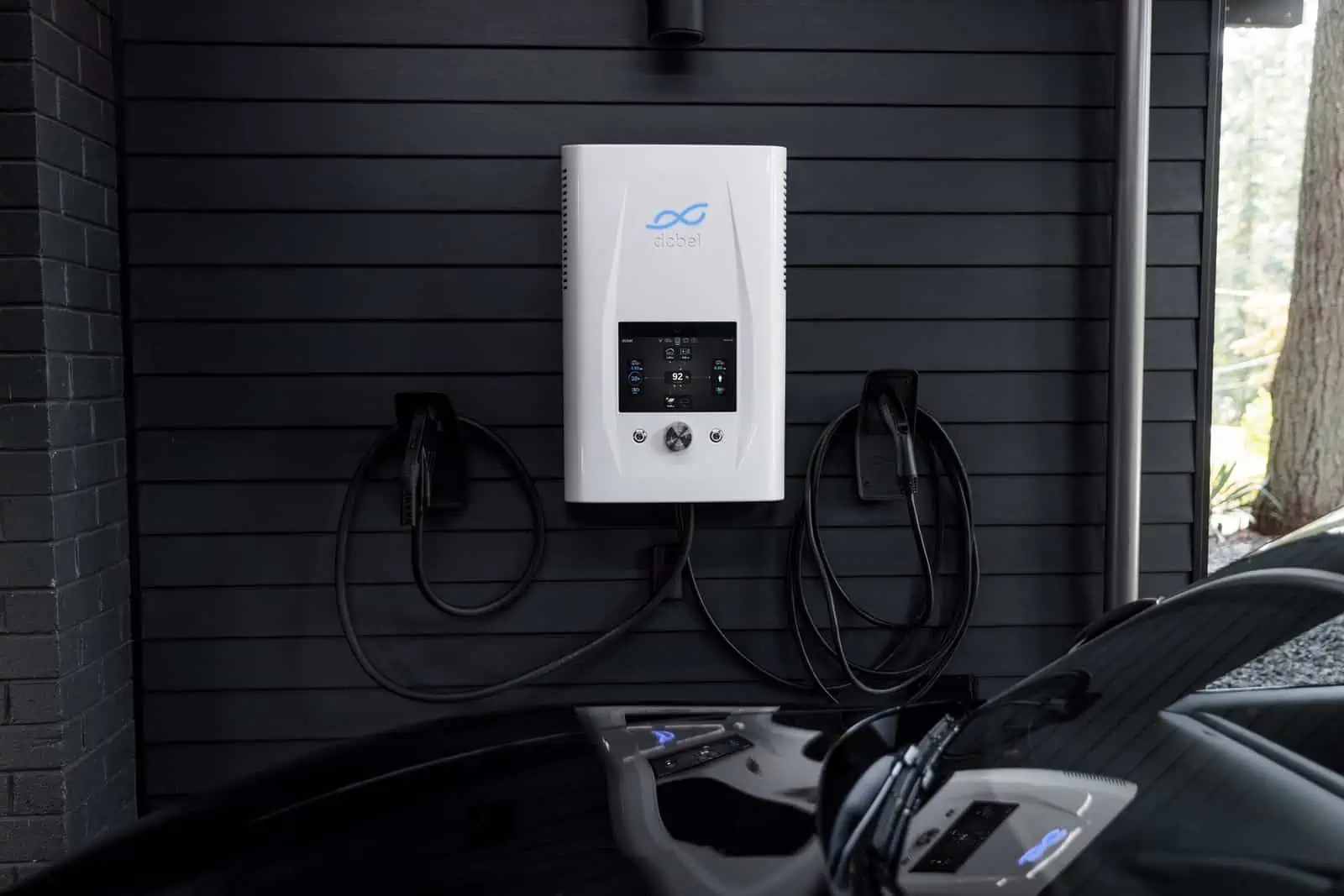Is solar not working for you? Are you having problems with your solar power system? If so, you need to check a few things. The Solar panel, the inverter, battery and the Circuit breaker are some of the main components. You can also check your Motion detector. If you do not see the solar icon, it means that the panels are not properly wired. If you find the solar icon, you may need to wire the batteries.
If the problem is not fixed after wiring the batteries, you may need to replace the solar panel. There are a few reasons why your solar not working, so we share these and see if any of the tips may be helpful to give you the desired results.
Contents
Solar Not Working?- Check Inverter
There are several reasons why your Inverter for Solar might not be working. It could be the battery, the wiring or any number of things. If you’re seeing a red light during the day, chances are the problem is with the battery. A number of factors can cause this, such as humidity, release of hydrogen or a discharged battery. If none of the above are the issue, the inverter may need to be replaced.
If you’re unable to identify the cause of the problem, you can consult a diagram of your inverter to diagnose the issue. If it’s not related to either of these, try replacing the faulty parts. To ensure that the replacement parts are of high quality, try purchasing one from the same manufacturer. Once you’ve replaced faulty parts, you should test the inverter to make sure it’s working again.
If your Inverter for Solar is not working, you may need to reset it. Some inverters can have internet connectivity and lose it, which causes them to malfunction. Check that your batteries are charged to the full extent possible to ensure that they’re in perfect working condition. If the problem persists, contact a solar company to learn how to fix the problem. They’ll walk you through the entire process. They’ll help you get back on your feet in no time!
A higher electricity bill is another common sign of a malfunctioning solar inverter. If your energy costs go through the roof during the summer, this may be a sign that your Inverter isn’t working properly. If you’re concerned that your solar panels aren’t working properly, consider hiring a certified solar technician to inspect your system. You’ll be glad you did! Then you can move on to troubleshoot any other problem, including the underlying causes.
An inverter must have the ability to restart itself in the event of a grid fault. A trigger cut-out during a peak in the grid, for example, can affect your solar system, resulting in a loss of production. If you live in an area with unstable grid connections, this is especially important. A high-efficiency inverter can minimize the impact of a grid failure on your energy supply.
Solar Not Working? – Check Solar Panels
If you’ve got a solar panel, you may be wondering: why isn’t it charging? Well, this problem may be due to a number of factors. It could be the solar panel itself or its wiring. In both cases, the solar charge controller may be at fault, or the battery may be in a dead state. This problem may be easily rectified by fixing the wiring or replacing the battery. But how can you tell whether your solar panel is in good working order?
A faulty charge controller is a common cause for solar panel failure. Sometimes, a single PV module is faulty and can shut down the entire system. Another possible cause is that the charge controller is unable to handle the amount of energy it is receiving. To check the solar input section of your charge controller, take a multimeter and measure the Vmp and Imp at maximum power. In this way, you can determine the cause of the problem and find a solution.
A faulty electricity connector is another potential cause of low power input. A faulty connector should be checked with a multi-meter to ensure that all connections are functioning properly. If you’ve hired a professional to install your solar panels, you should not experience this problem. However, if you’ve installed your system yourself, you may have a faulty electricity connector. If this is the case, you should contact a professional to get it checked out.
Some common reasons for solar module failure include faulty wiring and loose connections. Moisture in the solar cells leads to oxidation and corrosion, which are both bad for the efficient production of electricity. Additionally, micro-cracks in the cells can be induced by external pressure, resulting in the loss of efficiency. If this happens, the solar cell may stop conducting electricity altogether. You can also check the wiring and other components of your solar power system.
Unless you are a professional electrician, it’s important to hire a solar technician to repair the issue. Doing it yourself can be dangerous and may cause property damage or even void your warranty. To avoid any risks, you should contact a qualified professional. Stable Solar specializes in the repair of PV systems. Whether you’ve noticed a cracked panel, tripped breaker switches, or dust buildup, Stable Solar can get it back up and running again as bad or dirty panels could be why solar not working.
Solar Not Working? – Check Batteries
Solar Not Working Because Of Batteries? The most common cause for a solar system not working is from batteries with weak or dead cells. If your solar system is installed properly it should have fuses, diodes and a controller to prevent these problems. The controller tells the panels when to charge up the batteries and when not to charge due to high battery voltage which causes stress on the batteries which then loses capacity over time. Check the battery’s lead-acid content and for physical damage as it could be why solar not working.
If you can’t get your solar panel working, it may be because of weak or faulty batteries. Solar panels are designed to produce direct current (DC), which is not compatible with most devices that run on alternating current (AC). Therefore we have wired them up in combination with a variable speed converter and battery charger to charge batteries that can accept AC current and then convert to DC.
Checking your batteries occasionally is a good idea, you should also read the manual that explains battery use, in the event you are the reason the batteries die faster than they should. New technology has introduced batteries that last much longer and allow you to use more energy. Older batteries may only work when they use up to 50% of their storage capacity, but newer technology like lithium batteries can go to zero percent and still recharge without hassle.
Solar Not Working? – Check Circuit Breakers
If your solar panels aren’t working properly, it’s a good idea to check the fuse. In some cases, solar panels have a short circuit, allowing energy from other panels to flow through the short into the defective panel. If this happens, too much energy could be generated, leading to fire. In such situations, it’s best to replace the blown fuse with a new one. It’s important to remember that a solar panel fuse must match the maximum series fuse rating.
Another common cause of a circuit breaker trip is a bad circuit breaker. A bad circuit breaker will trip no matter what it’s set to. If this is the case, make sure you’ve removed the fuse and plugged out the panel. If this doesn’t work, you’ll need to switch off the circuit breaker at the circuit breaker box. In some cases, the breaker is tripping due to a high current flow.
To test the fuse, plug in another load to check the voltage. If it’s still not working, try another source. It may be the blown fuse. If that doesn’t work, then it’s likely the circuit breaker itself. It’s also possible that the solar panel is connected to the wrong wire. Depending on the size of the solar panel, a 20-amp fuse may be all that’s needed. This could be why solar not working, so be sure to check.
In addition to determining if the breaker has tripped, the next step is to troubleshoot the inverter. The inverter is responsible for converting solar DC power into AC. It also performs important grid support and protection functions. It automatically shuts off if the grid is blacked out, disconnects from the grid if the voltage or frequency ranges fall outside of Australian standards. If the problem continues after the breaker is reset, it’s best to contact the manufacturer or supplier to find out what’s wrong with the system.
Solar Not Working? – Check Motion Detector
If you have solar ;lights for around your home and the solar not working, you should consider checking certain components. A Solar motion detector that is not working may be due to several issues, including faulty bulbs, broken sensors, or dead batteries. It may be triggered by constant motion, but if the lights come on too often, the sensor might be pointing towards a high-activity area. Another possibility is that the light points towards the wall or the ground and is not lighting up. To fix this problem, you can try loosening the screws or rotating the sensor to adjust its position.
If the light is not turning off after detecting movement, you can try to reset it by unplugging the device for about ten seconds, then plugging it back in. If it still does not work after performing these steps, you can consult the manual to find out how to calibrate the device properly. It’s important to take note that this step may require replacing a light bulb or updating the outdoor lighting. Then, check the light bulb.
If you’ve noticed a flickering or dimming light, the problem is not the sensor itself, but instead the sensitivity setting. A low-sensitivity setting can cause the light to stay on for an extended period of time. You may need to increase the sensitivity level. Otherwise, your light may not detect any movement. In the event that the problem persists, you should contact the manufacturer of your Solar motion detector.
If you’re looking for a solar motion detector that will improve your home’s security and safety, you should look for one that is equipped with a wide detection range. It’s important to choose a light with an extended detection range, especially if you have a large backyard. Also, consider the light intensity, as this will affect the duration of the light. Also, a higher battery capacity is important to ensure the light will last for a long time.
It’s also important to know that each motion sensor has a different sensitivity level. Depending on its range, it will turn on when a cat or another animal passes by. Using a high sensitivity level will enable the light to track smaller movements, while a low sensitivity setting will alert when a large animal enters the area. Be sure not to install the Solar motion detector near a busy road or street. It’s best to seek the advice of an expert in this regard, as they may be able to help you make the proper settings for your Solar motion detector.
Solar Not Working Conclusion
It’s clear that there are a great many causes of solar not working, and often times it can be difficult to determine what is actually causing the problem. If you follow the steps above, you should figure out what could be the issue in no time. This process of elimination will always be the best way to solve any issue, if unsure get help from a friend who knows about solar or talk to a professional.


